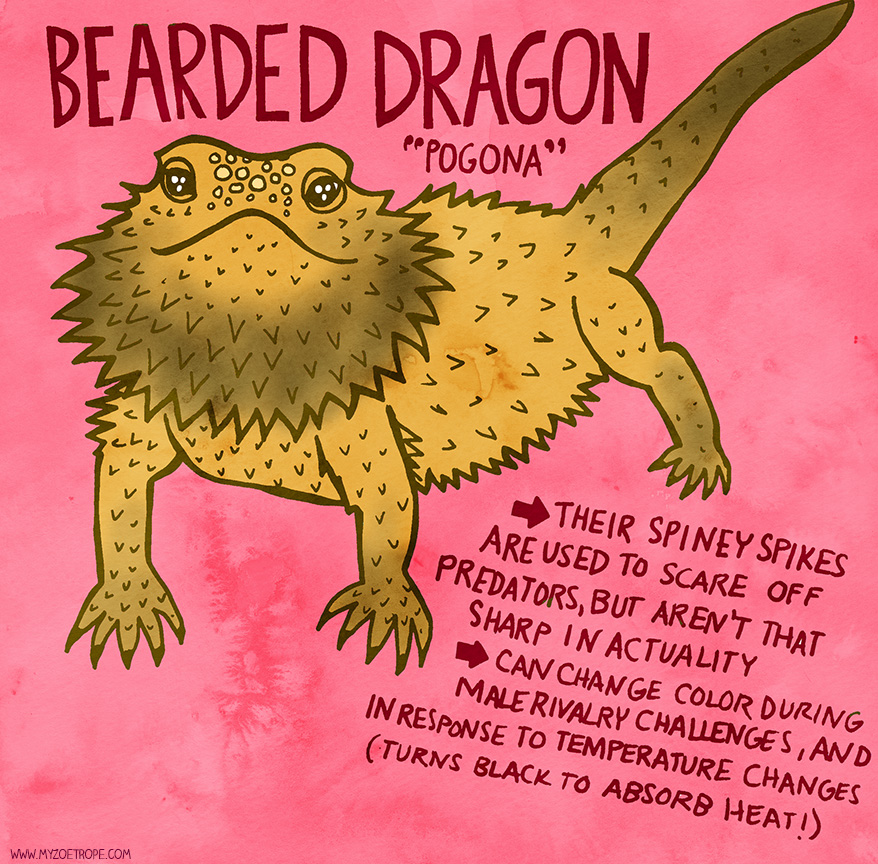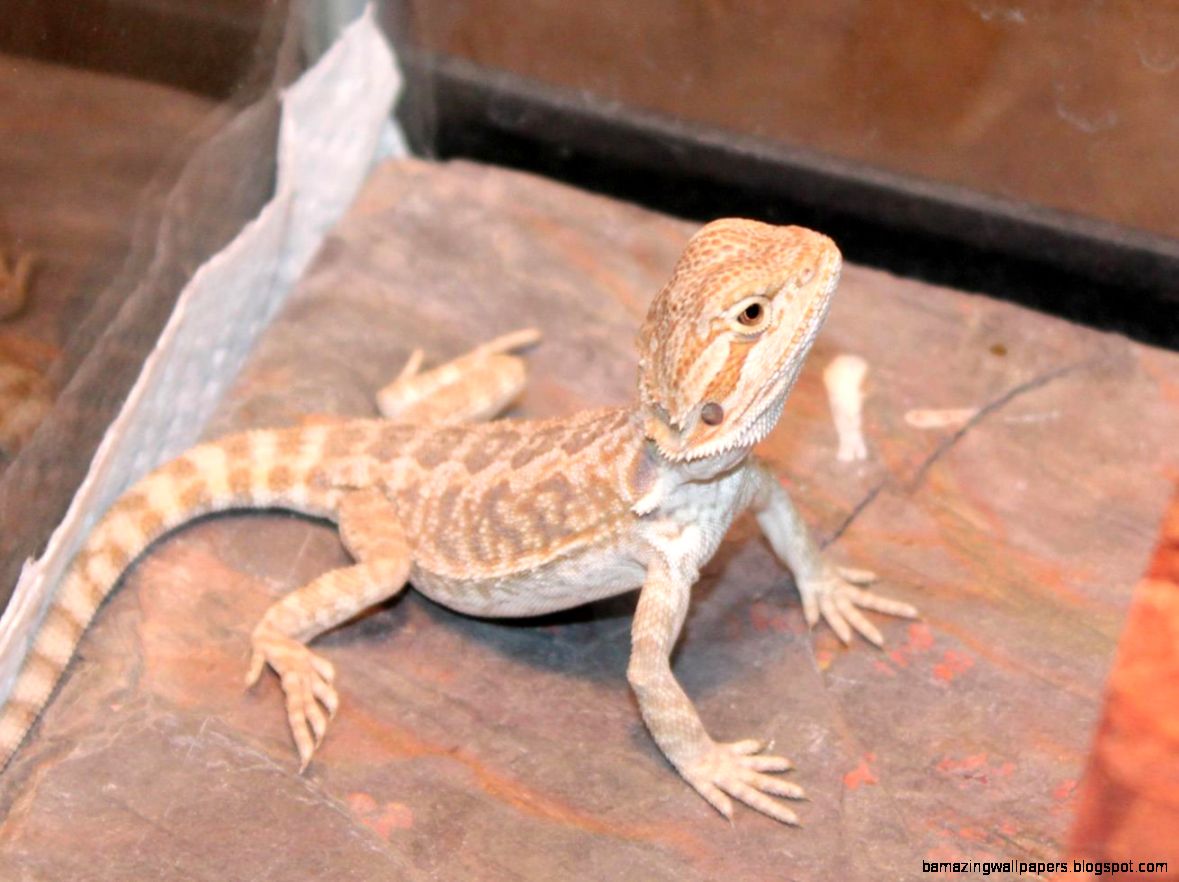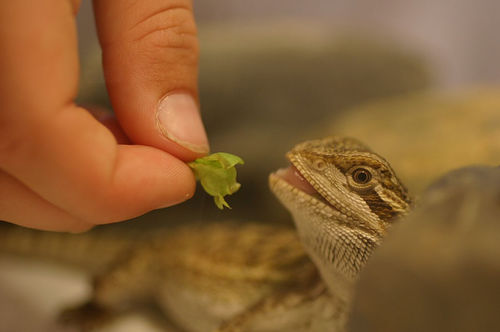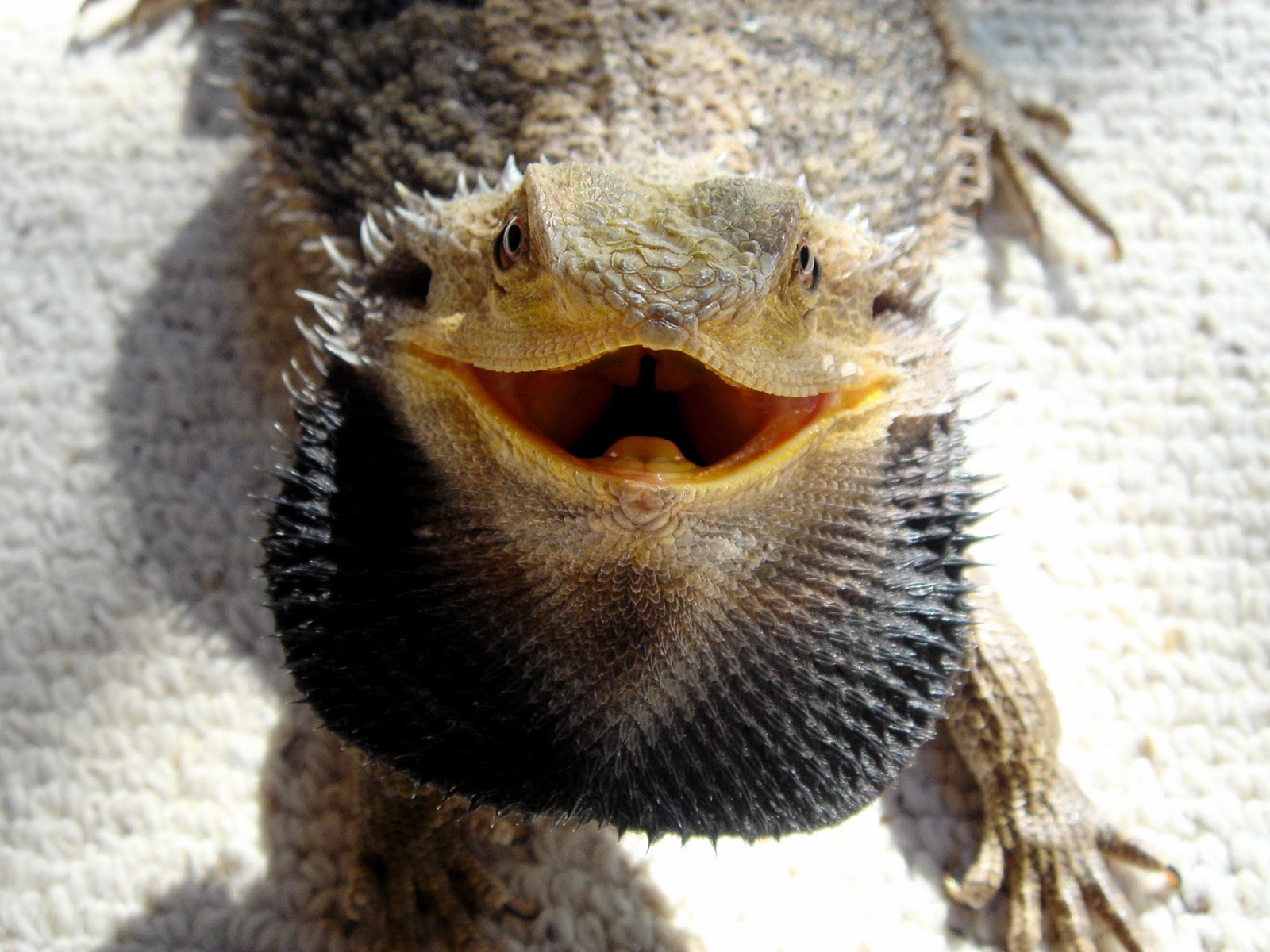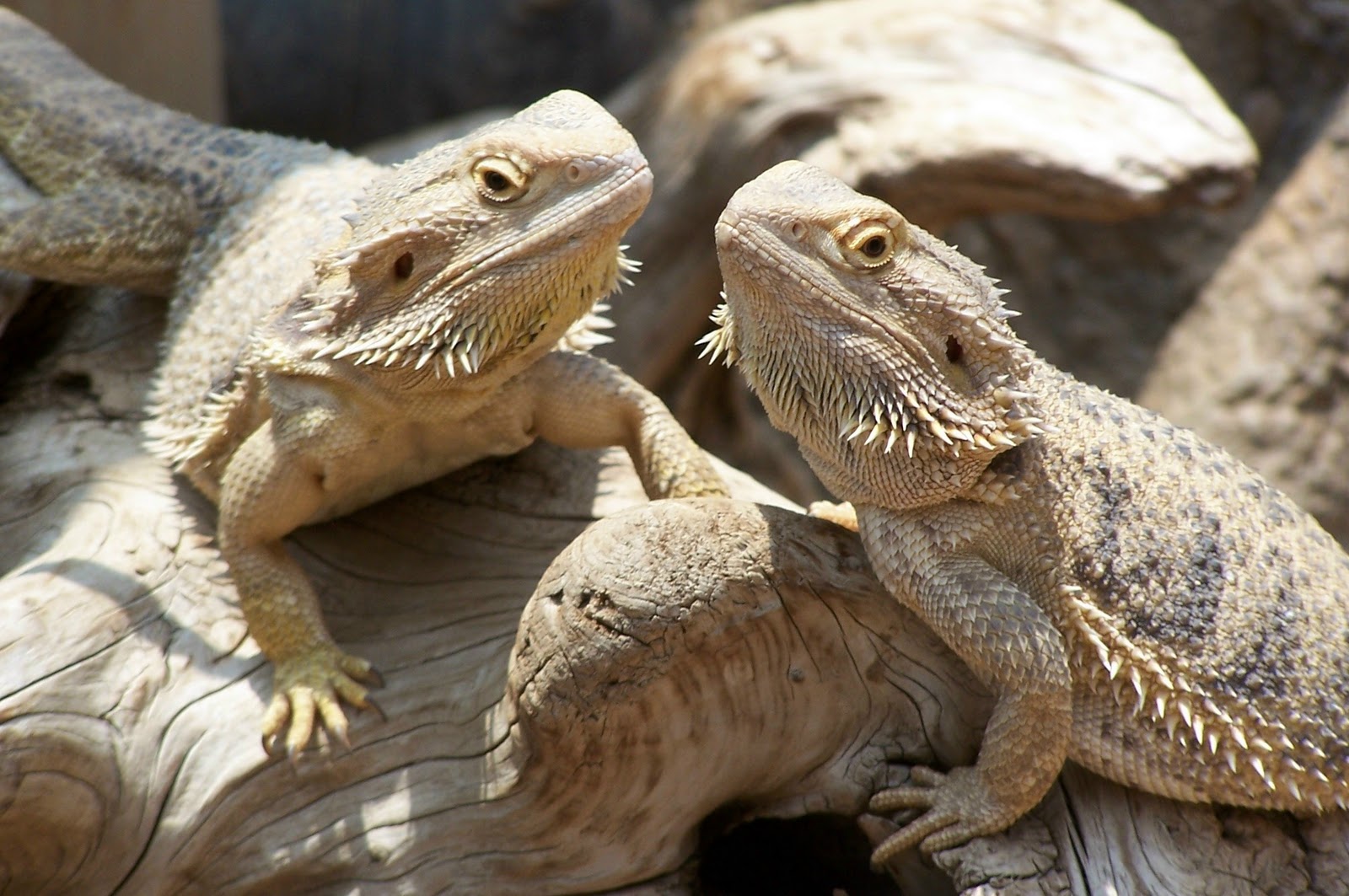The Angry Wild Bearded Dragon: What You Need to Know About These Fiery Creatures
Introduction
Bearded dragons are known for their docile and friendly nature. However, encountering an angry bearded dragon can be a scary experience. In the wild, bearded dragons can become aggressive when they feel threatened or intimidated by predators or competing males. As a pet owner, it’s important to understand the behavior of your bearded dragon and how to handle it in situations where it may become angry. In this blog post, we’ll discuss the causes of anger in bearded dragons and how to handle them in a safe and responsible manner.
Why is my Bearded Dragon Angry?
Anger in bearded dragons can be caused by several factors. Some of the most common reasons why a bearded dragon may become aggressive include:
- Feeling threatened or intimidated: Bearded dragons are territorial animals and may become aggressive when they feel threatened by other males or predators in their environment.
- Protecting their territory: Bearded dragons will often defend their territory and may become angry when they feel that their space is being invaded.
- Pain or illness: A bearded dragon that is in pain or not feeling well may become agitated and aggressive.
- Mating season: During mating season, male bearded dragons may become more aggressive as they compete for the attention of females.
Signs of Anger in Bearded Dragons
It’s important to be able to recognize the signs of anger in your bearded dragon. Some of the most common signs of aggression in bearded dragons include:
- Hissing or growling
- Puffing up their beard
- Flattening their body and standing tall
- Opening their mouth and displaying their teeth
- Taking a defensive stance
Handling an Angry Bearded Dragon
Handling an angry bearded dragon can be a tricky and potentially dangerous situation. It’s important to take the following steps to ensure that you and your bearded dragon stay safe:
- Stay calm: Your bearded dragon may sense your fear and become even more agitated. Stay calm and try to approach your bearded dragon slowly and steadily.
- Use a towel: If you need to pick up your bearded dragon, use a towel to protect your hands from their claws and to prevent them from biting you.
- Offer a distraction: Sometimes, offering your bearded dragon a distraction such as food or a toy can help to calm them down and redirect their attention.
- Remove the source of the problem: If your bearded dragon is angry because of an environmental issue, such as a competing male or a predator, remove the source of the problem to help calm them down.
- Consult a veterinarian: If your bearded dragon’s aggression is caused by pain or illness, consult with a veterinarian for proper diagnosis and treatment.
Conclusion
In conclusion, anger in bearded dragons can be caused by several different factors. As a pet owner, it’s important to be able to recognize the signs of aggression in your bearded dragon and to handle them in a safe and responsible manner. By staying calm, using a towel, offering distractions, removing the source of the problem, and consulting with a veterinarian, you can help to keep your bearded dragon happy and healthy. Remember, while they may look fierce when angry, bearded dragons are gentle creatures that deserve your love and care.
